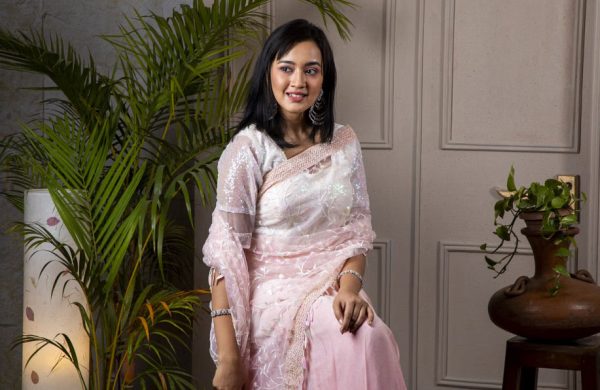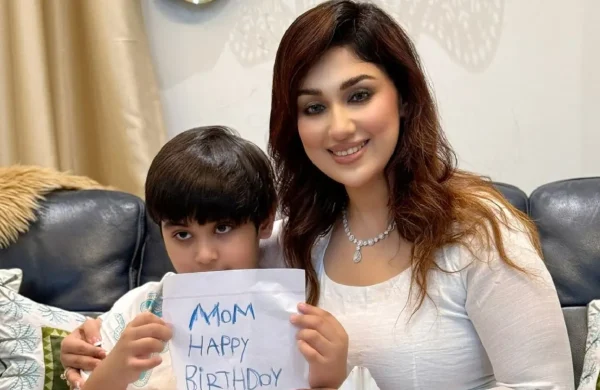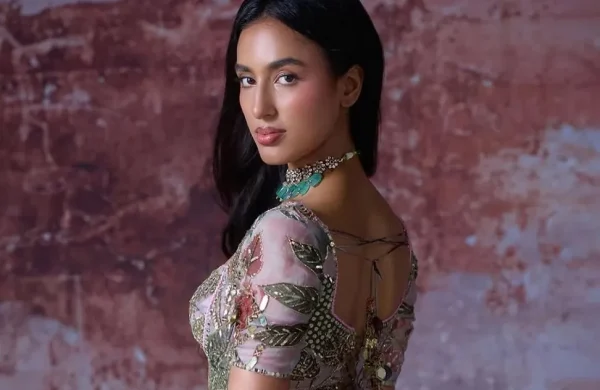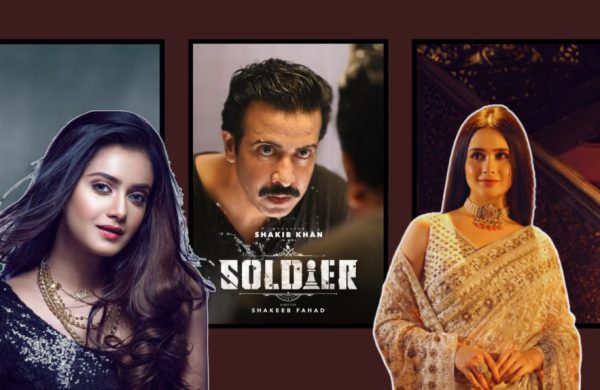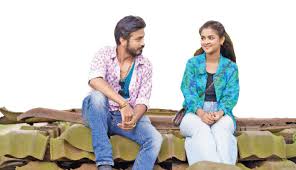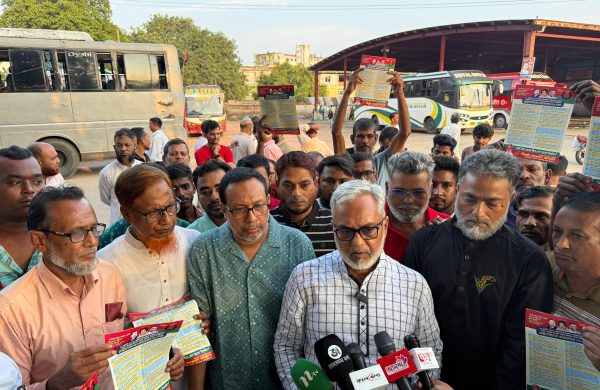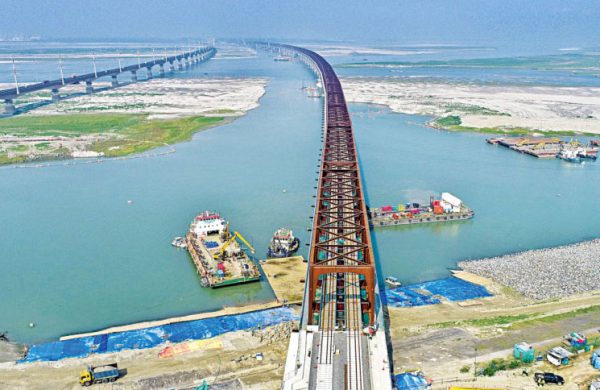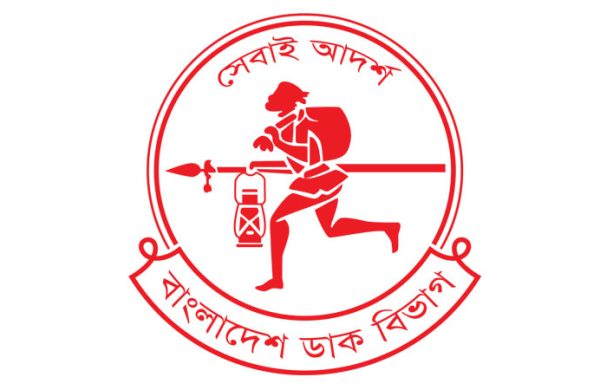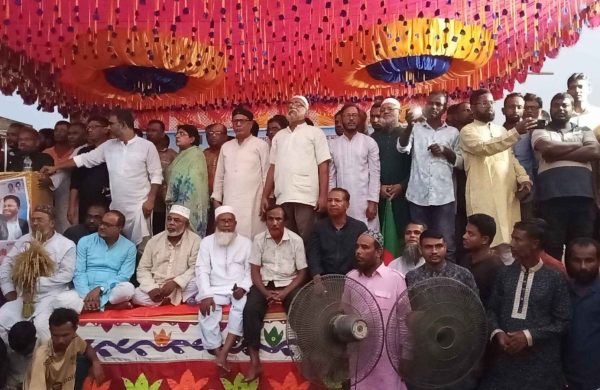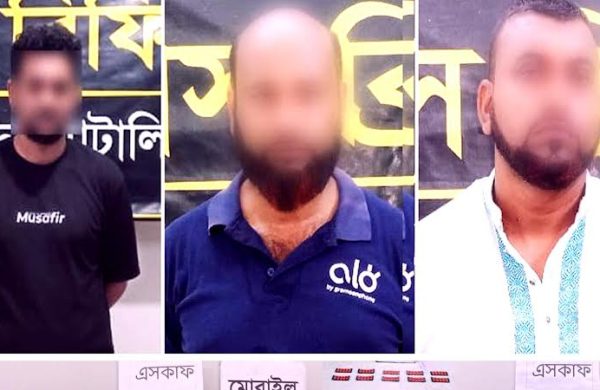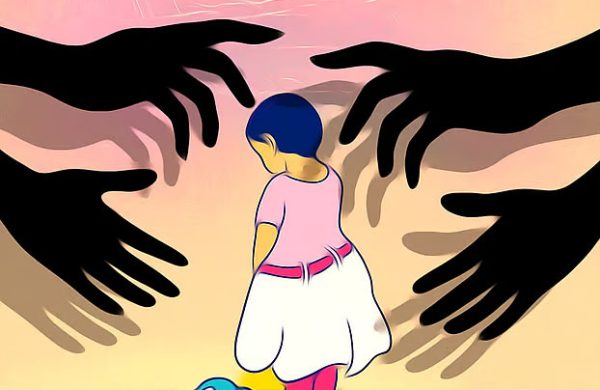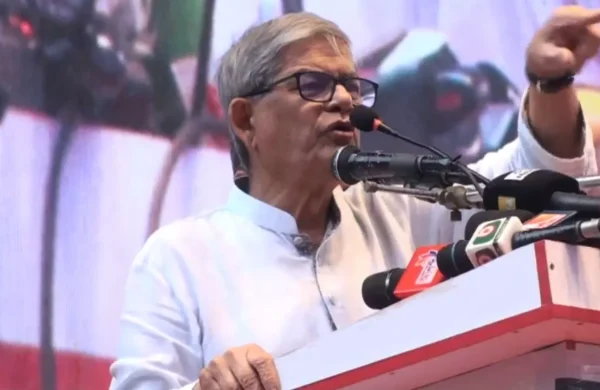The quiet rage beating beneath ‘Dhadak 2’
- Update Time : Friday, October 10, 2025
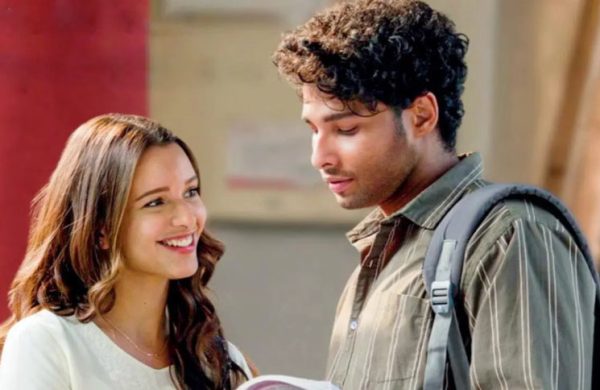
Entertainment Desk:
When a Dharma Productions film opens with a shot of the Raja Bhoj statue in Bhopal, you do not expect it to plunge you straight into India’s caste reality. Yet that is precisely what Shazia Iqbal’s “Dhadak 2” attempts, adapting Mari Selvaraj’s “Pariyerum Perumal” into a Hindi film that neither romanticises nor sanitises oppression. It takes the skin of a love story and tries to reveal the bones of systemic cruelty underneath. Whether it succeeds entirely is debatable, but it is hard to ignore the intent pulsing beneath its uneven surface. Now streaming as the no 1 film on Netflix, “Dhadak 2” has found an even larger audience beyond theatres, perhaps because its wounds, both personal and political, feel freshly cut.
Siddhant Chaturvedi’s Neelesh Ahirwar is a first-generation law student from Bhim Nagar, Bhopal, a young man who wants to believe that education can erase the stains of his caste. His mother, played with quiet fire by Anubha Fatehpuria, pushes him toward that dream even after police brutality leaves her physically and emotionally battered. Triptii Dimri’s Vidhi Bhardwaj enters his life as an upper-caste classmate who wields her privilege like a badge of progressiveness. She uses words like “toxic masculinity” and “privilege” in class debates, but her politics still breathe the filtered air of comfort. Their chemistry is cautious rather than electric, built on glances across a classroom where surnames are invisible yet all-powerful. When Vidhi helps Neelesh with his Latin, the irony writes itself as she decodes the language of law for a boy the law itself refuses to see.
Iqbal builds her world with the textures of discomfort. The camera never glamorises the slum Neelesh calls home, though the lighting sometimes feels too curated, as if the grime has been art-directed. There are flashes of the director’s short “Bebaak” here, especially in the way she frames defiance through female characters. Vidhi is no damsel, but her rebellion often feels more rhetorical than lived. She is liberal enough to love a Dalit boy but not informed enough to understand what that love costs him. The moment Neelesh tries to introduce her to his world, she gazes but does not see. A Tamil filmmaker might have held the frame until it hurt; Iqbal cuts away just as the truth begins to sting.
I think for all its flaws, “Dhadak 2” is a milestone in the reluctant evolution of Bollywood’s social conscience. It is as political as a mainstream film dares to be in these times. Iqbal refuses to romanticise rebellion. She shows that love across caste lines is not a poetic metaphor but an act of survival. The film does not achieve the raw poetry of “Sairat” or the philosophical depth of “Pariyerum Perumal”, but it carries their inheritance forward. It holds up a mirror to an audience that often looks away. And even when the reflection is blurry, you can still recognise the bruises. The question is not whether “Dhadak 2” matches the brilliance of its source material. No remake truly can. The question is whether it dares to speak its own truth. And it does. The film refuses to be a sanitised echo of southern grit or a soft-focus sequel to a failed debut. Instead, it fumbles, stumbles, and still gets up to ask: can love exist when equality does not? The answer remains uncertain, but the asking matters.


